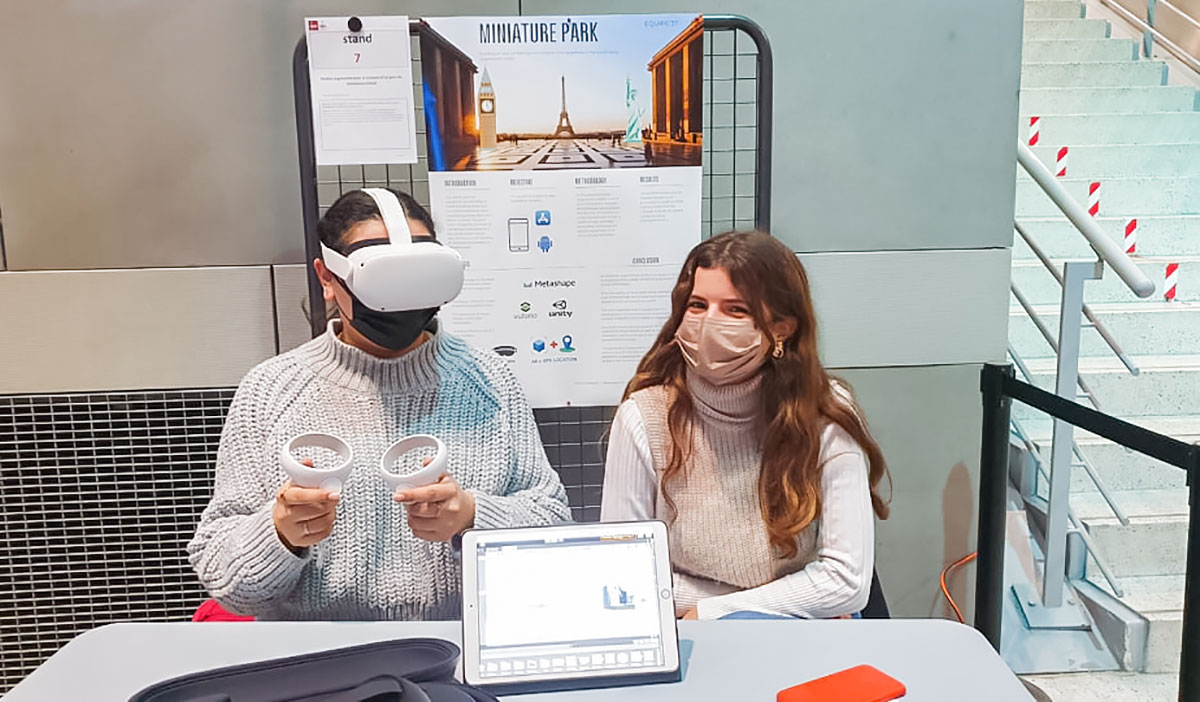It might be difficult to stay up to date with the latest technological advances because technology is evolving so quickly and fastly. You may fall behind if you do not make a concerted effort to learn them. So why not refresh and update your memory with these tech buzzwords, some general, others industry-specific, if you want to stay on top of your game.
2022 is the year to brush up on screens that sit a lot closer to our faces and dive into words that are important to know whether expert or not.
General Tech Terms Not to Miss
Big data
Businesses are scrambling to get their hands on as much data as they can. The fact that it appears on our list multiple times should serve as a decent clue. As part of Big data, large amounts of information are collected and require computer databases to collect and analyze them properly.
Blockchain
Nearly all cryptocurrencies are built on blockchain technology. It’s also capable of going even further. Blockchain is a peer-to-peer system that provides enhanced security against hackers. It works by storing data on a succession of machines, or “blocks,” which are then distributed throughout a network to form a secure “chain.”
Cloud computing
The method of providing IT services through the internet is known as cloud computing. Cloud networks are most typically used for data storage, but they can also be used to share complete networks, databases, and software.
Cloud computing services such as Google Cloud, Amazon Web Services, Microsoft Azure, and Apple’s iCloud are all well-known.
IoT
The Internet of Things (sometimes known as the Internet of Everything) is a concept that describes objects that can connect to the internet. Sensors, software, or built-in technology are all possibilities.
Industry-Centric Tech Words
Metaverse
Simply put, the metaverse is a persistent virtual world where users may use a virtual reality headset, augmented reality glasses, a phone, or any other suitable device to work, play, and buy from anywhere.
Virtual reality
It’s the name given to computer technology that allows a person to feel as if they are in another location. It uses software to generate visuals, sounds, and other sensations in order to create a new environment in which the user feels as if he or she is truly a part of it.
Augmented reality
Augmented reality, or AR for short, is a whole separate technology that is inextricably linked to VR (in ways you’ll see shortly).
AR is a method of placing and anchoring digital items in the real world. They aren’t truly existing in physical areas, but your phone screen or AR glasses give the impression that they are.
NFTs
Consider an NFT to be a cryptocurrency unit that is completely unique to its owner, similar to a virtual collectible baseball card. People buy NFTs for a variety of reasons, but the most prevalent one is to have an irreversible receipt of ownership over a work of digital art.
Beyond Mastering the Terms…
What matters is also mastering the knowledge and developing the technical and soft skills to succeed in the tech field.
If you want to become a security engineer, consider the Engineer’s degree (diplôme d’ingénieur) with a major in computer security in ESiLV, a French CTI-accredited engineering school. This major is for engineers undertaking the complete software development and runtime system cycle. It prepares students for the major cybersecurity and cloud computing issues that all businesses face.
The degree will not only equip you with a strong academic base but also strengthen your competency pillars by helping students:
- Execute, develop, and manage an IT project
- Understand how to design and integrate cybersecurity solutions
- Monitor system for software solution runtimes
Ready to not only talk the talk, but walk the walk?







